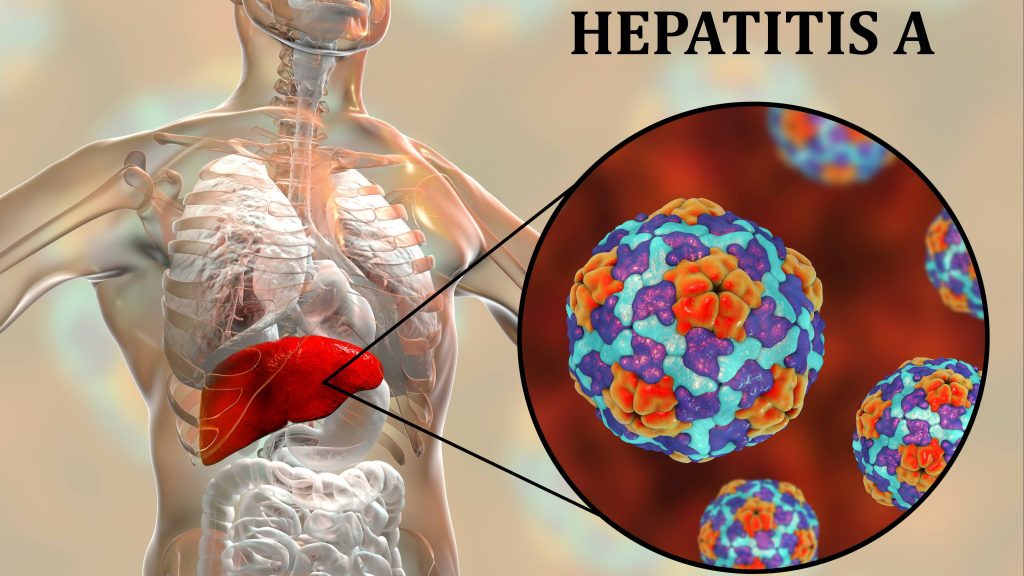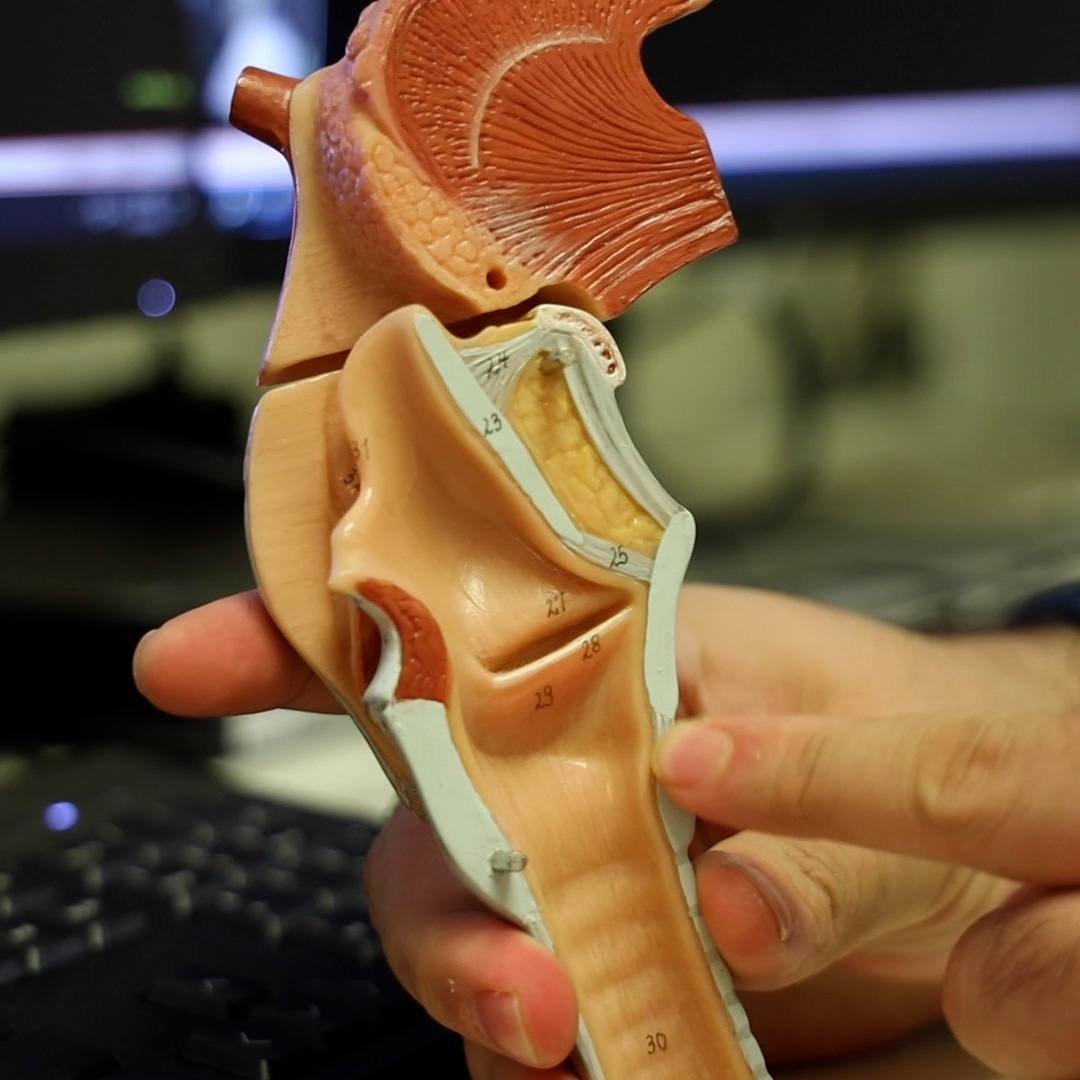-
Featured News
Infectious Diseases A–Z: Vaccine best way to prevent hepatitis A as infections rise nearly 300%

Drug use and homelessness are cited as two main reasons why hepatitis A infections have increased nearly 300% in the U.S. since 2015, according to the Centers for Disease Control and Prevention (CDC). "Hepatitis A is a viral hepatitis that can infect humans, and it infects through the oral-fecal route," says Dr. Stacey Rizza, an infectious diseases specialist at Mayo Clinic. The CDC says two other groups associated with the increase include men who have sex with men and those who ate contaminated food.
"Hepatitis A is highly contagious and affects the liver," says Dr. Rizza. "It's a self-limited infection in contrast to some other viral hepatitis. This means you get very sick but eventually clear the infection without treatment because, unfortunately, there is no treatment for hepatitis A."
Watch: Dr. Stacey Rizza discusses hepatitis A.
Journalists: Broadcast-quality sound bites with Dr. Stacey Rizza are in the downloads at the end of the post. Please "Courtesy: Mayo Clinic News Network."
Hepatitis A can be prevented by a vaccine. "The vaccine is being universally given to kids throughout the U.S. now," says Dr. Rizza. The vaccine first became widely available in 1995.
Improving hygiene opportunities in homeless camps may help stop the spread of infection in addition to vaccinations. "In some of these situations, they've put in temporary showers and temporary bathing units where people can clean up, and laundry facilities so they can wash their clothes, particularly if they have been soiled or are dirty."
Symptoms of hepatitis A may include:
- Fatigue
- Sudden nausea and vomiting
- Abdominal pain or discomfort
- Clay-colored bowel movements
- Loss of appetite
- Low-grade fever
- Dark urine
- Joint pain
- Jaundice
"In very rare cases, hepatitis A can kill you. You can actually go into fulminant liver failure, and if you don't recover from the liver failure, you could die. That is a minority of the cases. Usually, people become very sick, can be very symptomatic, but eventually clear the infection themselves," says Dr. Rizza.
The CDC suggests vaccination of people in high risk groups may help reduce or halt the spread of infections and help prevent future outbreaks.
Related Articles







